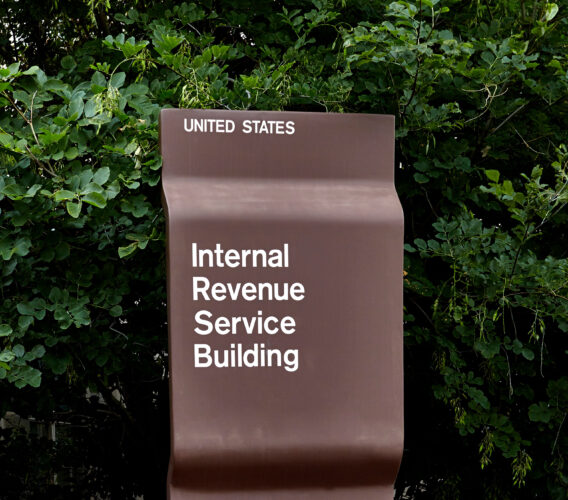(The Center Square) – The Employee Retention Tax Credit, designed to help businesses keep employees on the payroll during pandemic shutdowns, could end up costing taxpayers seven times more than initially projected.
The Committee for a Responsible Federal Budget said initial projections for the Employee Retention Tax Credit, or ERC, put the cost of the ERC at about $78 billion. However, it may end up costing more than $550 billion “and mostly go to businesses who do not need it to retain workers or survive the pandemic,” according to the group.
During the pandemic, fewer businesses than expected applied for the credit. However, a cottage industry set up shop around the credit, promoting it and offering to help businesses claim it. The ERC is a refundable tax credit for businesses and tax-exempt organizations that continued to pay employees amid government-imposed COVID-19 shutdowns.
The IRS has struggled with the deluge of ERC claims filed after the pandemic. In October 2023, the IRS announced an easy exit for companies worried about the accuracy of their Employee Retention Credit after a flood of improper claims. The IRS created the withdrawal option to help business owners who were pressured or misled by marketers and promoters into filing ineligible claims.
In September 2023, the IRS announced a moratorium on processing new ERC claims. The tax-collecting agency said it was concerned about fraud. In September, when the IRS hit pause on new claims, it had received about 3.6 million claims.
The Committee for a Responsible Federal Budget called on lawmakers to pull the plug on the ERC program.
“Policymakers should act quickly to cut off ERC payments and recover fraudulent collections, ideally dedicating some or all the savings to deficit reduction,” the group said in a post.
The program went through several changes, but at one point offered as much as $28,000 per employee retained. The credit is limited to payroll between March 2020 and September 2021, but businesses have until April 15, 2025, to apply.
The bipartisan tax bill headed to the Senate includes a provision that ends the ERC. Supporters of the bill said that elimination will save taxpayers $70 billion and help offset other provisions in the legislation. That measure faces an uncertain future in the Senate.

